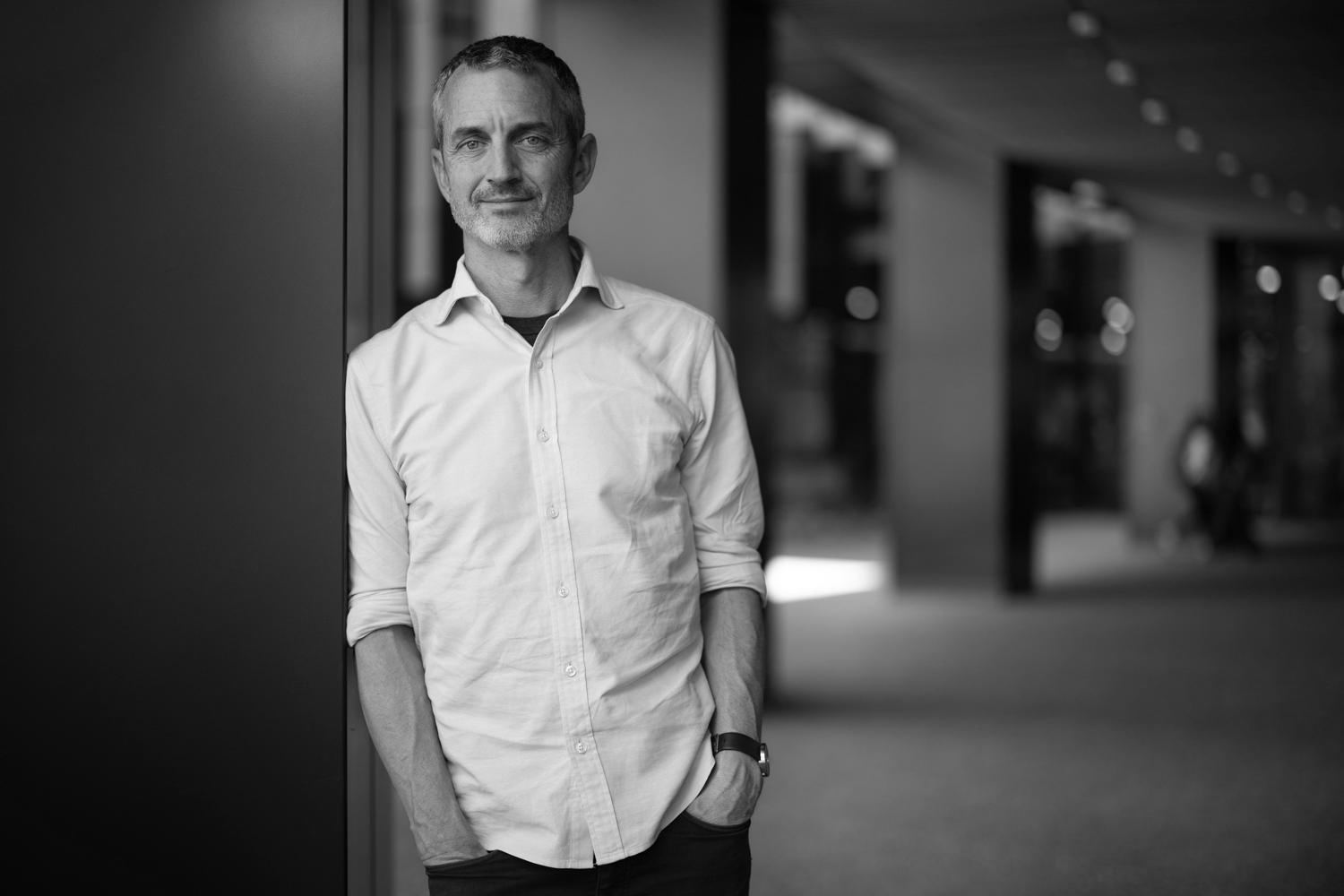Stanford University economist Matthew Gentzkow will become the next faculty director of Stanford Impact Labs (SIL), a university-wide accelerator housed in the School of Humanities and Sciences (H&S) that invests in teams of scholars and practitioners co-creating solutions to society’s most pressing problems.
“Stanford Impact Labs has shown how the university can support social science research that takes ideas from the seminar room out into the world,” said Stanford President Jonathan Levin. “Matt’s own research exemplifies the intersection of theory, data, and practical problem-solving, and he will bring creativity, rigor, pragmatism, and humility to the role of SIL director.”
“SIL is an important component of our efforts to advance social science research at scale – research that aims at making a difference in how people live. Matt is an ideal leader for this effort: a phenomenal scholar, whose work is not only of the highest academic caliber, but also relevant to policymakers and citizens. I am truly thrilled to have him in this role,” said Debra Satz, the Vernon R. & Lysbeth Warren Anderson Dean of the School of Humanities and Sciences.
Gentzkow, who is the Landau Professor of Technology and the Economy, will begin his term Sept. 1, 2025.
Since launching in the 2019-20 academic year, SIL has grown into a thriving community of scholars and professionals working together to make a real difference in people’s lives.
“The need for social science to address challenges in our world is bigger than it’s ever been,” Gentzkow said. “Stanford researchers are doing important work that engages with those challenges and profoundly impacts people’s lives. To be part of an organization that is focused on how to deepen, accelerate, and expand research in that spirit is an incredible privilege, and I couldn’t be more excited.”
A major component of SIL’s work is its innovative funding pipeline model, which invests in three key stages of a research project, from developing an understanding of the problem, to testing ways to address it, to then amplifying those solutions. So far, SIL has allocated $32.7 million to 45 impact labs, which they define as “teams of government, business, and nonprofit partners working in tandem with solutions-driven scholars.” SIL’s portfolio is wide-ranging and includes efforts to address issues such as ethically harnessing AI in health care, testing solutions to improve economic mobility for all, and increasing access to life-saving kidneys, in both the U.S. and globally.
SIL also hosts fellowships, workshops, trainings, and other convenings to build relationships between scholars and the policymakers, professionals, and other practitioners who work directly with the communities they serve.
In 2022, SIL co-launched a new major to prepare students with the technical skills and practical know-how to tackle challenges.
Transforming research for social impact
Gentzkow is known for his research on the effects of technology on democracy and society. Some of the many issues he has tackled include media bias, digital addiction, and the effects of social media on political polarization.
“When it comes to media and technology, policymakers and stakeholders have often been flying blind, making major decisions with little or no rigorous evidence to guide them. A lot of my work has focused on using large-scale data and modern statistical tools to provide a firmer evidence base for these decisions,” Gentzkow said.
In 2014, Gentzkow was awarded the John Bates Clark Medal, which is awarded annually by the American Economic Association to an American economist under the age of forty who has made a significant contribution to economic thought and knowledge.
Gentzkow first worked with SIL as a recipient of early-stage seed funding to study how parents and schools can best approach youth smartphone use. He, along with a team of researchers at Stanford, Harvard, and Università Bocconi have been working with policymakers, educators, and Qustodio, a software company building internet safety solutions for families, on a large-scale study to better understand how to create smartphone policies that best support youth well-being, mental health, social relationships, and academic outcomes.
“Through SIL, I’ve seen my own research be transformed by engaging closely with principals, educators, and leaders in nonprofits in the education space,” said Gentzkow. “What is distinctive and fundamental about SIL is being able to work in close collaboration with outside stakeholders at every step of the research process. Each step works much better when it’s collaborative and SIL has built the infrastructure to do it in a way that I think is really effective.”
SIL is part of a broader movement across higher education to promote a culture of public impact among scholars and practitioners.
SIL was first launched by political scientist Jeremy Weinstein, who left Stanford in 2024 to become dean of Harvard Kennedy School. Jay Hamilton, the Hearst Professor of Communication, and Shelley Correll, a professor of sociology and organizational behavior, have served as faculty interim co-directors.
“SIL was built with vision, excellence, and in particular, an emphasis on bringing together people who are incredibly talented and dedicated to creating change in the world. I’m just so honored to become part of that team, and to have a chance to carry forward the vision that Jeremy, Jay, and Shelley have built into this next chapter,” Gentzkow said.
Gentzkow is also a senior fellow at the Stanford Institute for Economic Policy Research (SIEPR).
“Stanford University, officially Leland Stanford Junior University, is a private research university in Stanford, California. The campus occupies 8,180 acres, among the largest in the United States, and enrols over 17,000 students.”
Please visit the firm link to site






